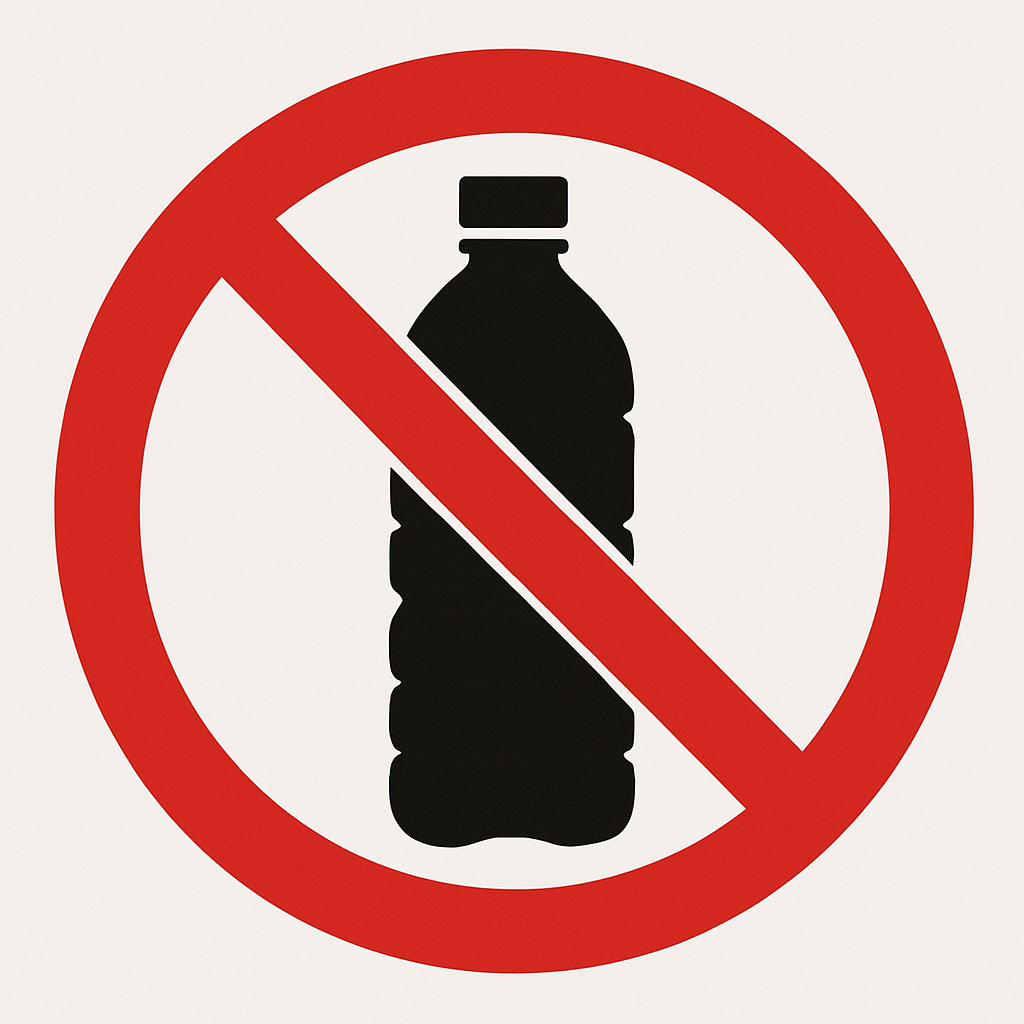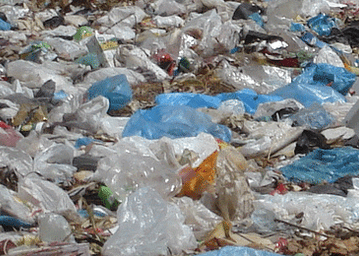
As the world commemorates World Environment Day 2025 under the theme “Putting an End to Plastic Pollution”, Africa is emerging as a stronghold of environmental action.
According to the World Economic Forum, an estimated 8 million tonnes of plastic waste leak into the oceans every year. At this rate, by 2050, there could be more plastic than fish in the sea if urgent, coordinated action is not taken.
In Ghana alone, approximately 840,000 tonnes of plastic waste are generated annually, with only 9.5% collected for recycling. The rest often clogs drainage systems, pollutes coastal areas, and threatens marine ecosystems.
On Thursday, 5th June 2025, President John Dramani Mahama announced a nationwide ban on the importation and local production of styrofoam packaging, locally known as takeaway packs.
Speaking during World Environment Day celebrations at Kwabenya, Accra, he described styrofoam as “one of the most pernicious polluters” and outlined plans to promote paper and aluminium foil as environmentally friendly alternatives.
This landmark decision places Ghana among a growing number of African nations that have enacted bans on single-use plastics, reinforcing the continent’s commitment to sustainable development.
ALSO READ: 5 important reasons you must start planting trees today
Here Are 10 African Countries Leading the Way in Eliminating Single-Use Plastic:
1. Rwanda: The Pioneer of Plastic-Free Living
Rwanda made history in 2008 by becoming one of the first countries globally to completely ban plastic bags. This bold move formed part of the country's ambitious Vision 2020 sustainability plan, transforming Rwanda into one of the cleanest nations in Africa.
Kigali, the capital, is now widely celebrated as one of Africa's cleanest cities, with plastic bags virtually non-existent on streets and in markets.
2. Kenya: Implementing the World’s Strictest Plastic Ban
Kenya introduced what has been called “the world’s strictest” plastic bag ban in 2017, with penalties including fines of up to $40,000 or four years in prison for violators. The law targets manufacturers, suppliers, and users alike.
Despite enforcement challenges, Kenya's firm stance has inspired similar action across East Africa.
ALSO READ: Military burns down notorious galamsey village of over 10,000 residents (video)
3. Morocco: A Comprehensive Plastic Reduction Strategy
Morocco banned the production, importation, sale, and distribution of plastic bags in 2016, becoming the second African nation after Rwanda to pass such wide-ranging legislation.
The North African country’s strategy shows how plastic bans can foster innovation and unlock new economic opportunities.
4. Tanzania: Strengthening the Global Movement
Tanzania joined the fight in 2019, prohibiting the manufacture, importation, sale, and use of plastic carrier bags.
Driven by rising concerns over marine pollution and environmental degradation, the ban has led to cleaner cities and improved public health outcomes.
ALSO READ: Ashanti Regional Minister gives illegal miners 2 weeks to vacate water bodies
5. Mali: Leading the Way in West Africa
Mali introduced restrictions on single-use plastics as part of a broader environmental agenda. Recognising that plastic waste was endangering both urban and rural communities, the government acted to protect the environment and support sustainable agriculture.
This West African approach illustrates the rural benefits of plastic regulation.
6. Cameroon: Central African Innovation
Cameroon banned non-biodegradable plastic bags in a bid to reduce the environmental impact of plastic waste. By aligning the ban with its national development goals, the country is demonstrating that ecological protection can go hand in hand with economic advancement.
7. Ethiopia: A Pioneer in the Horn of Africa
Ethiopia has implemented restrictions on single-use plastics, especially in urban areas.
By connecting environmental protection with public health, the country has taken proactive steps to improve quality of life in rapidly expanding cities like Addis Ababa.
ALSO READ: 'I need 5 helicopters, guns and 2 weeks to end galamsey on water bodies” – EPA Acting CEO
8. Senegal: West African Determination
Senegal’s National Assembly passed a plastic bag ban in 2015, signalling a strong political will to safeguard the environment. The country’s experience shows how legislative leadership can translate into long-term environmental gains.
9. South Africa: A Southern African Trailblazer
South Africa was one of the continent’s early adopters of plastic reduction policies, introducing a plastic bag levy in 2004 and banning thin plastic bags.
By progressively refining its strategy, the country offers a model for phased policy implementation that adapts over time.
ALSO READ: Must Read: Eco-Conscious Citizens pens open letter to President Mahama on galamsey
10. Botswana: The Diamond of Environmental Protection
Botswana has imposed limits on single-use plastics as part of its broader conservation efforts.
The country proves that environmental responsibility and natural resource wealth particularly in tourism and diamond mining can go hand in hand.
Conclusion: Africa’s Environmental Leadership
On this World Environment Day, we celebrate the vision, courage, and determination of these ten African nations that have taken decisive action against single-use plastics.
As plastic pollution continues to endanger ecosystems around the world, the progress made by these countries serves as both inspiration and a blueprint for others.
ALSO READ: Prof Christopher Gordon urges youth to speak out against galamsey
The fight against plastic pollution is far from over, but thanks to the trailblazing efforts of these African nations, the path to a cleaner, greener planet is clearer than ever.
Read Full Story

























Facebook
Twitter
Pinterest
Instagram
Google+
YouTube
LinkedIn
RSS